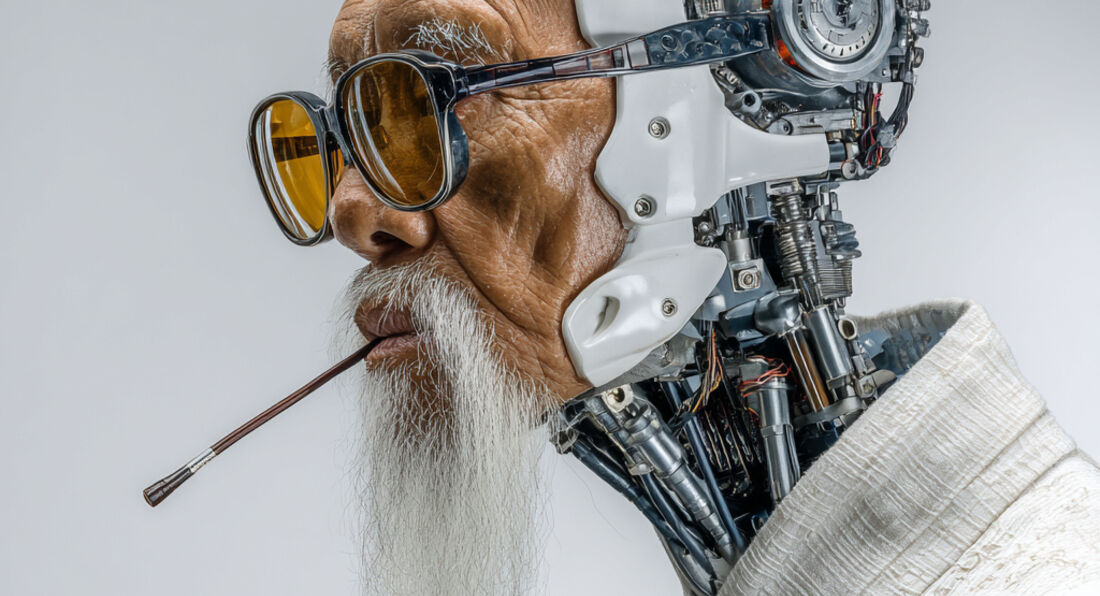The Knowledge > Exclusive Articles >
Wednesday, 3rd September 2025
The Benefits of Massage for Gym Users
By LA Muscle on 03.09.2025 05:24 pm

Training hard in the gym pushes the body to adapt, grow stronger, and become fitter. But recovery is just as important as the workouts themselves. While sleep, hydration, and nutrition are often prioritised, massage therapy is a powerful tool that many overlook. Massage does far more than create a sense of relaxation—it supports physical recovery, prevents injury, and improves overall wellbeing for people of all fitness levels.
Benefits of Massage for Gym Users
1. Enhanced muscle recovery
When you train, your muscles undergo microscopic damage that needs time to repair. Massage improves blood circulation, delivering oxygen and nutrients to muscle tissue while helping to clear away waste products like lactic acid. This speeds up recovery and helps reduce soreness after intense sessions.
2. Reduced muscle tension and stiffness
Over time, tight muscles can lead to restricted movement and a higher risk of injury. Massage loosens muscle fibres, reduces stiffness, and improves flexibility, allowing you to move more efficiently in training and daily life.
3. Injury prevention
Regular massage helps identify and address areas of muscular imbalance or overuse before they become injuries. By keeping tissues supple and joints mobile, massage supports long-term joint health and resilience.
4. Improved flexibility and mobility
Massage stretches and lengthens muscle fibres, helping to restore full range of motion. For gym users who regularly perform repetitive movements or heavy lifts, this can make a noticeable difference in performance.
5. Pain management
Massage can ease both acute soreness and chronic pain, particularly in the lower back, shoulders, and knees—common problem areas for people who train regularly. It is often recommended as part of rehabilitation programmes.
6. Stress reduction and mental wellbeing
Exercise itself is a stress reliever, but intense training can place strain on the nervous system. Massage promotes relaxation, lowers stress hormones, and encourages better sleep, which is crucial for recovery and growth.
7. Better posture and alignment
Many gym users develop postural imbalances from lifting weights or sitting for long periods outside of training. Massage helps release tension in overworked muscles and supports better alignment, reducing strain on the spine and joints.
8. Enhanced circulation and lymphatic drainage
Improved circulation brings nutrients to cells and supports the removal of toxins. Massage also stimulates the lymphatic system, helping to reduce swelling, inflammation, and water retention.
9. Boosted performance
By keeping muscles healthy, flexible, and free from adhesions, massage allows you to train harder and with better form. Over time, this can contribute to greater strength, endurance, and overall athletic performance.
How Often Should You Have a Massage?
The ideal frequency depends on training intensity, lifestyle, and budget.
-
For general gym users: once every 2–4 weeks is often enough to maintain recovery and mobility.
-
For those training intensely or competing: weekly or fortnightly massage may be beneficial.
-
For injury rehabilitation: a therapist may recommend more frequent sessions until recovery is achieved.
Even an occasional massage can be valuable, but consistency brings the greatest benefits.
Risks and Contraindications
Massage is generally safe, but there are some situations where caution is needed:
-
Avoid massage over areas of acute injury, open wounds, or severe inflammation.
-
People with blood clotting disorders, certain heart conditions, or skin infections should seek medical advice first.
-
Deep tissue massage may cause temporary soreness, particularly if you are not used to it.
-
Pregnant individuals should only receive specialised prenatal massage.
Always inform your therapist of your health history and current condition before starting treatment.
Best Types of Massage for Gym Users
Different massage styles serve different needs:
-
Sports massage: Targets specific muscles used in training, reduces soreness, and aids performance.
-
Deep tissue massage: Focuses on deeper layers of muscle and connective tissue, excellent for chronic tightness.
-
Swedish massage: Gentle and relaxing, ideal for stress relief and general circulation.
-
Trigger point therapy: Releases knots and areas of referred pain, often used for stubborn tension.
-
Thai massage: Combines stretching with massage, excellent for improving mobility and flexibility.
Massage is far more than a luxury. For anyone who trains regularly, it is a practical tool for recovery, performance, and long-term health. Whether you book a sports massage after a heavy leg day, or schedule monthly sessions to keep tension at bay, the benefits extend well beyond the gym. Consistent massage supports both body and mind, ensuring you can train harder, recover faster, and feel better in everyday life.





























